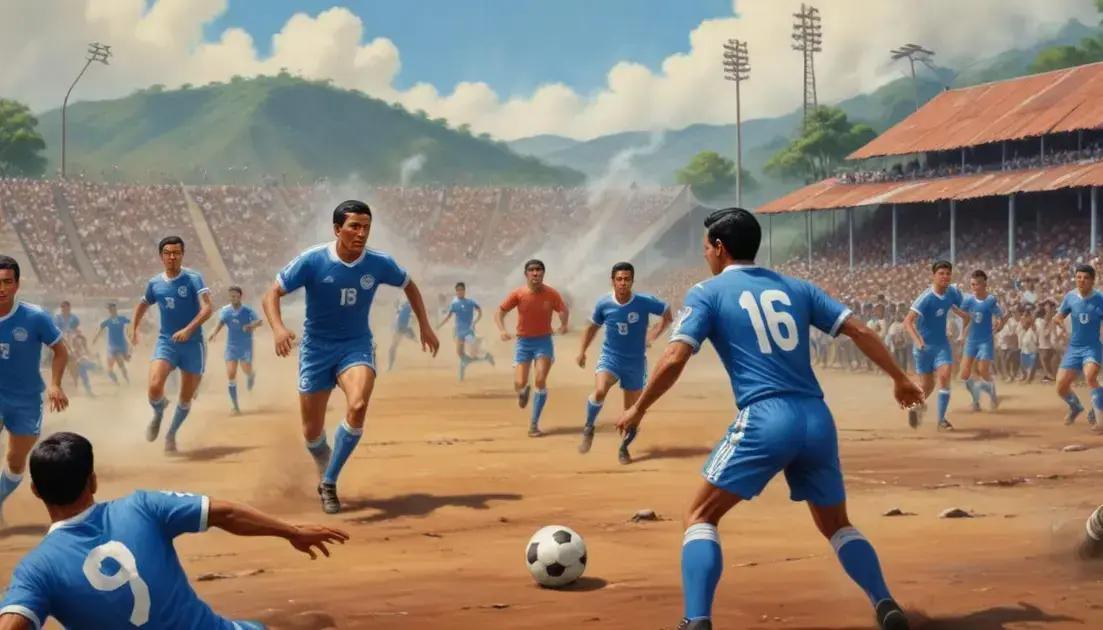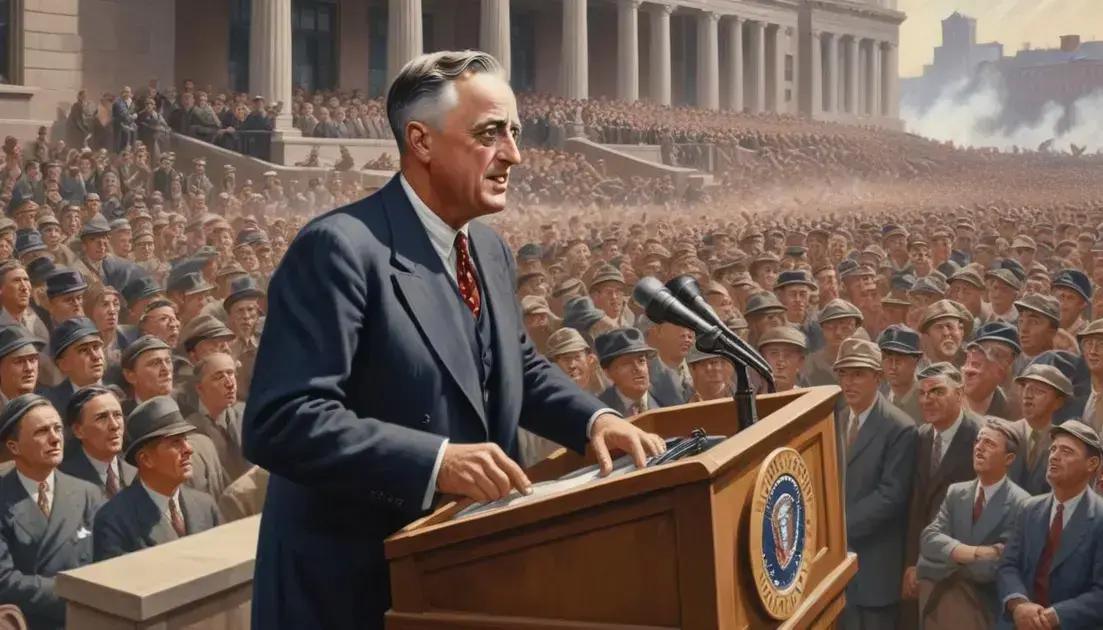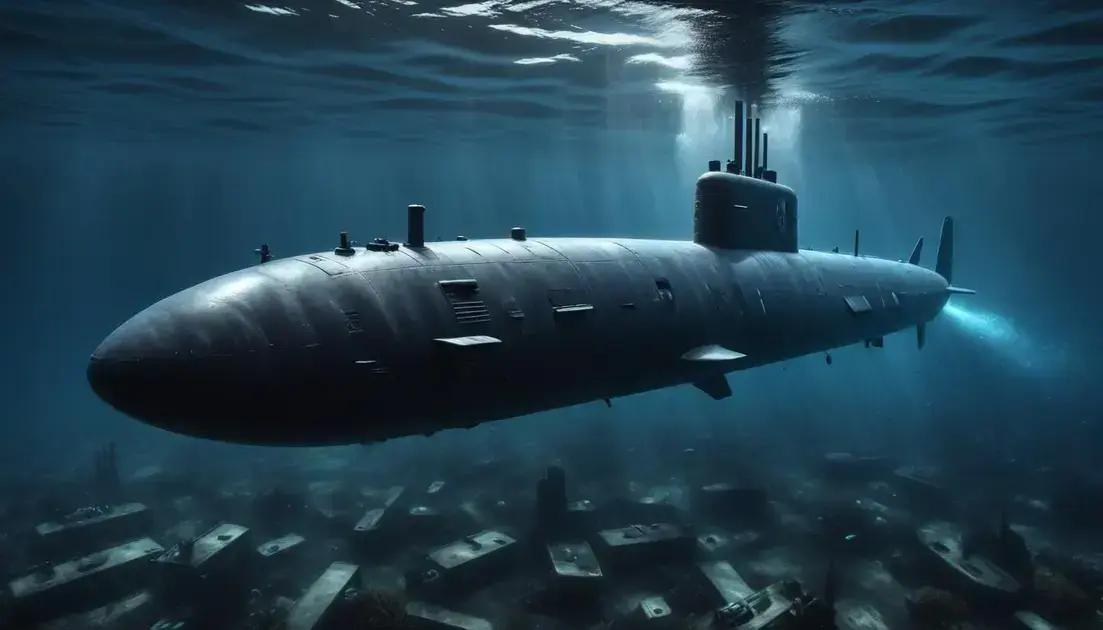
The Football War: How a Match Generated an Armed Conflict
The Football War, a brief but intense conflict between El Salvador and Honduras in 1969, was sparked by tensions surrounding a World Cup qualifying match. While the soccer game ignited the fighting, deeper issues like land disputes and immigration caused long-standing animosity between the nations. The war resulted in thousands of casualties and showcased how sports can reflect and exacerbate political and social tensions. The aftermath deeply affected both countries, leading to ongoing disputes and a migration crisis, highlighting the complex relationship between national identity and sports.
Football War—a bizarre title for an armed conflict, right? Yet, this 1969 clash between El Salvador and Honduras tells a deeper story of national tensions…
Historical Background
The Football War happened in 1969 between El Salvador and Honduras. It all started with soccer, but there were deeper issues at play. Tensions had been growing for years. Land reform and immigration were big problems. Many Salvadorans moved to Honduras looking for work. This led to resentment among locals.
In the 1960s, Honduras faced economic difficulties. Many Hondurans felt threatened by the influx of Salvadorans. This set the stage for conflict. The situation became more heated as the countries faced off over World Cup qualifiers.
Soccer matches became the backdrop for rising tensions. Fan rivalries quickly spilled into violence. Each game was charged with emotion and national pride. Misinformation and media reports fueled the fire. Both sides felt they had to defend their honor.
Leading up to the war, the local media sensationalized these events. Articles and broadcasts amplified the anger and distrust. They painted the rivalry as a matter of national pride. The stakes felt high for both nations, and soccer matches became more than just games.
The Football War lasted about 100 hours. But it showed how sports can mirror social and political struggles. This conflict is a reminder of how deep-seated issues can lead to serious consequences.
The Match That Sparked War
The match that sparked the Football War occurred on June 26, 1969. El Salvador played against Honduras during World Cup qualifiers. This game wasn’t just about soccer; it was about pride and politics. Both nations had been tense for years. Supporters were ready for a fierce contest.
The match took place in Tegucigalpa, Honduras. It was filled with excitement but also pre-game tension. Fans packed the stadium, creating a charged atmosphere. Emotions were running high as players took the field.
During the game, El Salvador lost to Honduras. This loss enraged many Salvadoran fans. Some felt it was more than just a game; it felt personal. Riots broke out among supporters after the match ended. Violence erupted, leading to clashes between Salvadoran and Honduran fans.
The chaos extended beyond the stadium. News of the riots spread quickly. The media highlighted the violence, fueling anger back home. Political leaders on both sides took notice. They used the events to rally nationalist sentiments.
This match proved to be the tipping point. It showed how deeply soccer was tied to national identity. Sports can bring people together, but they can also divide. The aftermath of this game set the stage for the war that followed.
Underlying Causes
The Football War didn’t start just with a soccer match. There were underlying causes that fueled the conflict. One major issue was land reform in Honduras. Many Salvadorans worked there but didn’t own land. This created tension among locals. They felt their jobs were threatened.
Another cause was immigration. Many Salvadorans moved to Honduras in search of work. This increased the population and changed the social dynamics. Hondurans began to resent the newcomers. They viewed them as competition for jobs and resources.
Political leaders on both sides used these issues to their advantage. They painted the conflict in a way that stirred national pride. This made people feel more united against a common “enemy.” Such tactics often lead to more tension.
Moreover, both countries had economic struggles. Honduras faced poverty and unemployment. El Salvador sought to improve its economy, and tensions escalated during the soccer match. The stress of daily life spilled into public sports events.
All these factors combined made the situation explosive. When soccer took center stage, it ignited existing frustrations. The underlying causes were complex, but they all pointed to a larger struggle for identity and survival.
Aftermath and Impact
The aftermath of the Football War was significant for both nations. The conflict lasted about 100 hours but left lasting scars. Over 2,000 people died during the fighting. Many were civilians caught in the violence. Families were torn apart, and communities suffered deeply.
After the war, El Salvador faced intense political changes. The government struggled to maintain control. Many Salvadorans felt unsafe, leading to migration to other countries. This wave of migration increased, especially to the United States.
In Honduras, the war created a sense of fear. Though they won, the victory came at a high cost. Lives were lost, and economic hardships worsened. Roads and infrastructure suffered damage during the fighting.
The war did not solve the underlying issues. Land disputes and immigration tensions continued. Instead of bringing peace, it deepened divisions. The animosity between the two countries remained for years.
Moreover, the Football War served as a lesson in how sports can influence politics. National pride often gets tangled with sports events. The conflict raised awareness about the power of soccer as more than just a game.
Conclusion
In conclusion, the Football War serves as a powerful reminder of how sports can reflect deeper national issues. While a soccer match sparked the conflict, underlying tensions had been building for years. The war left a lasting impact on both El Salvador and Honduras.
The loss of life and community struggles showcased the serious consequences of this rivalry. Even today, the memories of those events shape the relationships between these nations. It highlights the importance of understanding and addressing the complex issues behind conflicts.
As we reflect on this history, it’s clear that sports can unite but also divide. Learning from the Football War can help us promote peace and understanding in sports and beyond. By focusing on cooperation, we can create a future without such tragic conflicts.


